
Women who spend less time eating each day and an increased amount of hours fasting overnight had a decreased risk of breast cancer.

Your AI-Trained Oncology Knowledge Connection!


Women who spend less time eating each day and an increased amount of hours fasting overnight had a decreased risk of breast cancer.

Too many people are being screened, diagnosed, and treated for certain types of cancer, according to two cancer researchers.
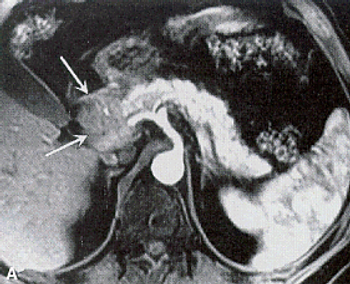
An MRI screening program for individuals at high risk for pancreatic cancer may be effective, according to the results of a short-term study.
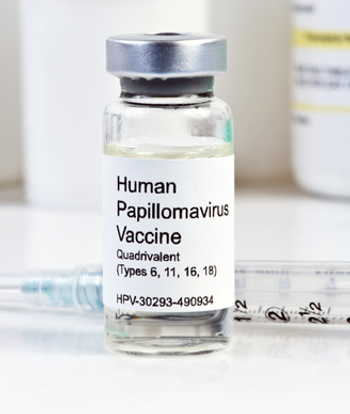
Vaccinating boys aged 12 years against the human papillomavirus (HPV) may be cost-effective in the prevention of oropharyngeal cancer.

Adding cixutumumab to ADT did not significantly increase the undetectable PSA rate in men with newly diagnosed metastatic hormone-sensitive prostate cancer.
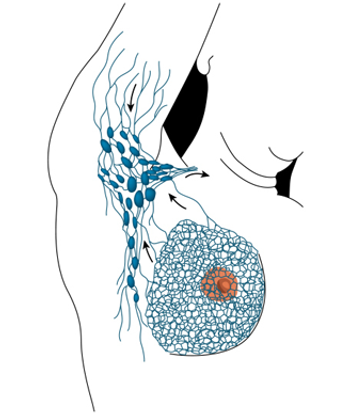
No benefit of axillary lymph node evaluation has been shown for women with DCIS, yet this lymph node analysis is still often performed in these patients.

A new study has shown that consumption of fish oil can raise the plasma levels of fatty acids, which may cause resistance to chemotherapy for cancer treatment.

Patients who had either laparoscopic surgery or open surgery for localized rectal cancer had similar overall survival and disease-free survival rates.
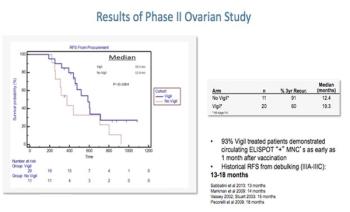
This slide show features some of the top highlights from the 2015 Society of Gynecologic Oncology Annual Meeting, including a vaccine trial in ovarian cancer and a possible biomarker in advanced cervical cancer.

Women with diabetes are at a greater risk of being diagnosed with advanced-stage breast cancer, according to a retrospective study.

A major change in the clinical management of breast cancer, most early-stage patients now have sentinel node dissection as opposed to full lymph node removal.

Men with high midlife cardiorespiratory fitness have a lower incidence of lung and colorectal cancer; however, this association was not seen for prostate cancer.
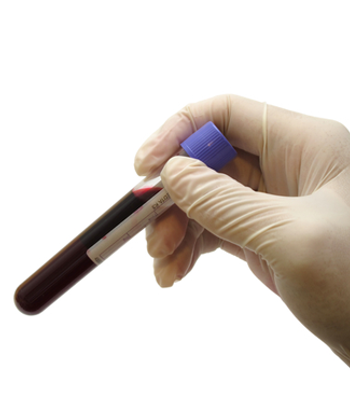
A combination of biomarkers has shown promise as a surrogate for survival in clinical trials of metastatic castration-resistant prostate cancer.

Women who received cognitive behavioral stress management after surgery for early breast cancer reported better quality of life and lower symptoms of depression.

A new study suggests that men with a history of cardiovascular disease prior to starting ADT are at risk for such events during the first 6 months of treatment.
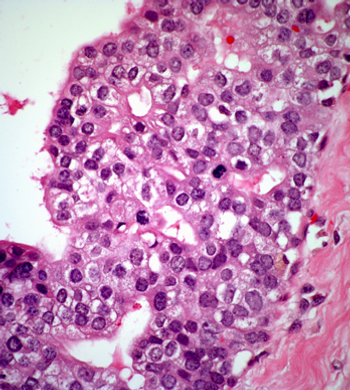
While pathologists usually agree on healthy and malignant breast tissue from biopsy slides, there is less agreement on samples that fall somewhere in the middle.

Women with a first-degree relative diagnosed with prostate cancer may be at increased risk for developing breast cancer, according to a new study.
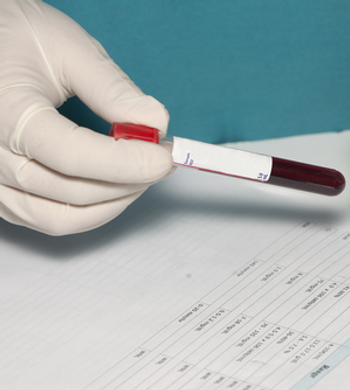
A reduction in testosterone levels in the first year of ADT correlates with improved survival in prostate cancer patients being treated for biochemical failure.
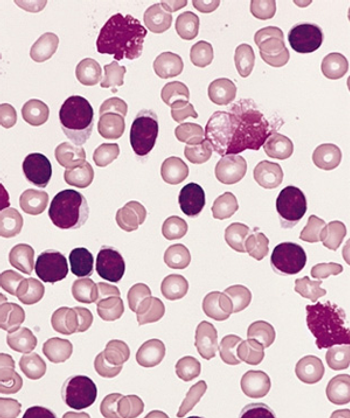
In a phase I trial, DT2219, the novel bispecific ligand-directed toxin, has shown activity against relapsed and refractory B-cell lymphoma and leukemia.

In a large study, it was found that those who ate a vegetarian diet had a lower risk of colorectal cancer compared with their non-vegetarian counterparts.

Researchers have shown that reprogramming T cells to target glioblastoma in mice resulted in control of these tumors.
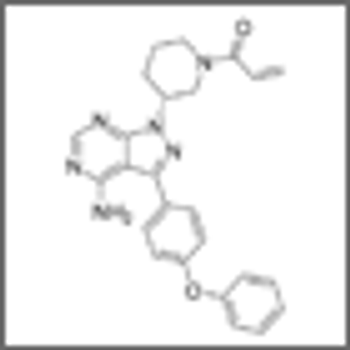
Researchers have identified patient factors linked with the discontinuation of ibrutinib therapy for reasons other than disease progression.

The risk of early, sudden-onset menopause in women treated for early-stage breast cancer can be reduced with goserelin, a gonadotropin-releasing hormone agonist.
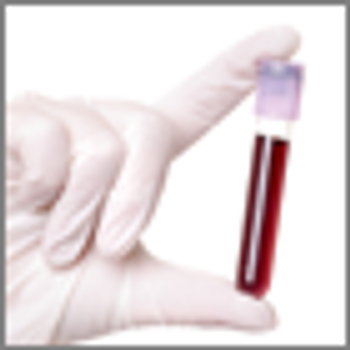
The 4Kscore blood test has been shown to accurately detect the presence of high-grade prostate cancer, according to a study presented at ASCO GU.

Two clinical factors may predict PSA response to cabazitaxel in men with metastatic castration-resistant prostate cancer.

Intermediate-risk prostate cancer patients managed with surveillance had worse outcomes compared with low-risk prostate cancer patients managed with surveillance.

High-dose radiation therapy did not improve overall survival compared with the standard dose in stage II localized prostate cancer, but did show some benefits.
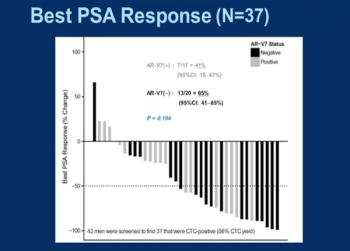
This slide show includes some of the top highlights from the 2015 ASCO Genitourinary Cancers Symposium, including a study that examined the risk of aggressive prostate cancer in testicular cancer survivors and more.

Economic factors, including household income, and racial disparities both play a role in the adherence to hormonal therapy in breast cancer patients.
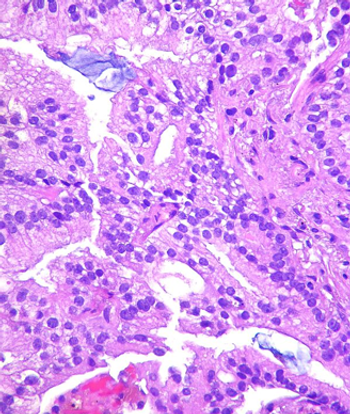
A large retrospective analysis suggests the number of patients diagnosed with intermediate- and high-risk prostate cancer has increased since 2011.